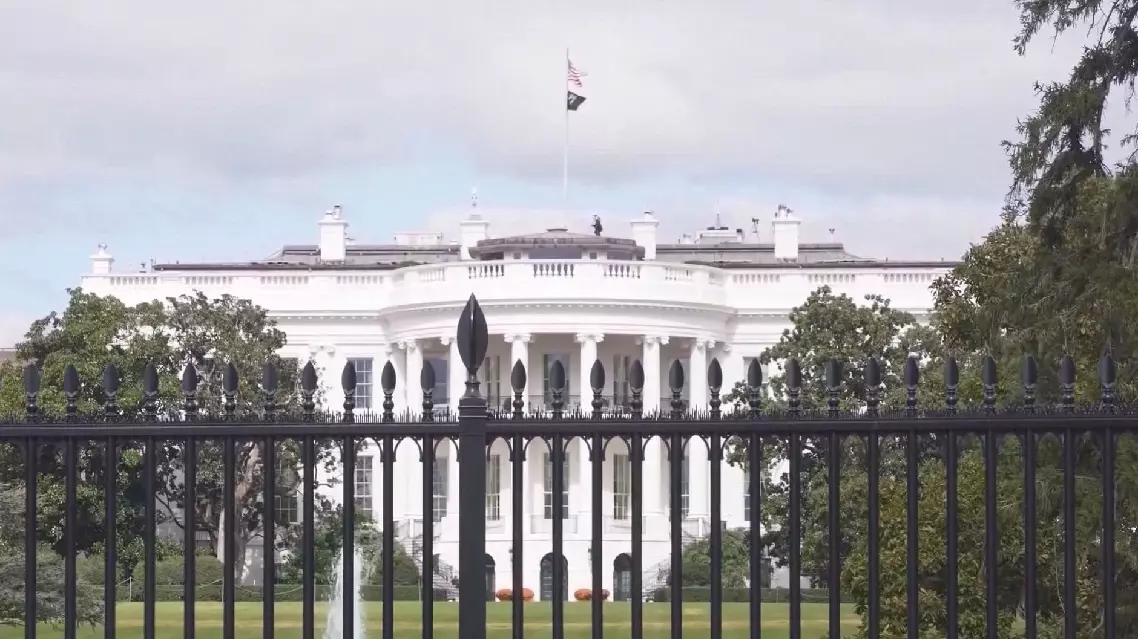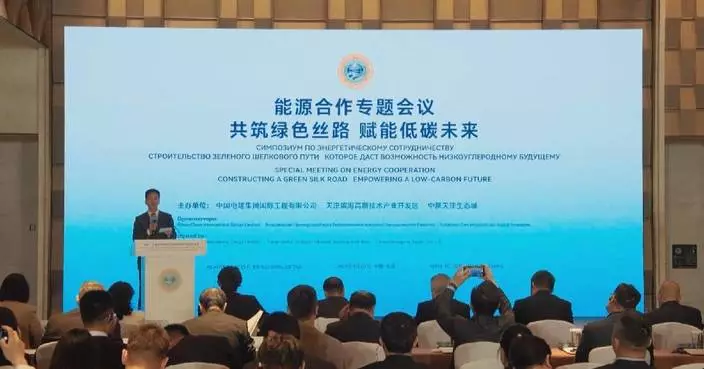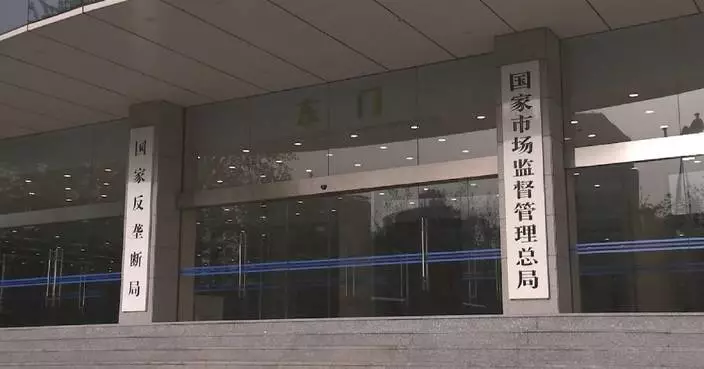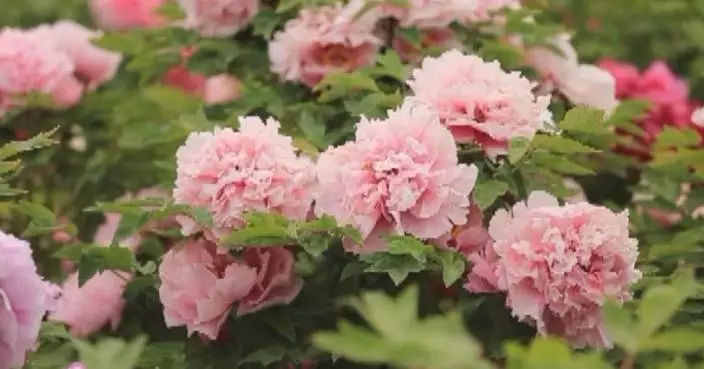The three-day Qingming Festival holiday has witnessed a surge in tourism across China, with travelers embracing a diverse range of experiences from natural landscapes to historical sites and cultural experiences.
Many destinations incorporated new technologies and innovative approaches to enhance the visitor experience.
Two Buddhist cave complexes along the ancient Silk Road in northwest China's Xinjiang Uygur Autonomous Region opened to the public for the first time on Saturday.
The Ya'er Lake Grottoes, part of a UNESCO World Heritage site in the city of Turpan, welcomed visitors following a year of restoration work and digital upgrades.
Formerly serving as a monastery, the grottoes are composed of 22 caves dating back to the fifth century and containing Buddhist murals and inscriptions in multiple languages, including Chinese and Old Uygur.
Visitors can now have a glimpse of the original colors of the faded murals through AR technology.
"I was truly amazed. The restoration work is incredible. The restored murals are so vivid and detailed, bringing these precious cultural relics back to life," said Yang Shiyu, a tourist from Hubei Province, central China.
Some 40 km away, four caves of the Shengjinkou Grottoes in Turpan also opened to the public on Saturday, set to offer 300 visitor slots per day. The Shengjinkou site has 13 caves dating back to the seventh century, where murals, woodware, pottery, fabrics and paintings on silk have been unearthed.
Meanwhile, the pleasant spring weather drew crowds to Pinglu County in north China's Shanxi Province to admire the blossoming peach trees. There are also entertaining activities for visitors to relish the atmosphere.
"The thousands of peach trees are very beautiful. There's drum performance and other activities. I'm so happy to be here," said Chao Herong, a visitor.
In a scenic spot of east China's Anhui Province, humanoid robots have stolen the limelight as they were deployed for security patrols. Tourists were seen interacting, shaking hands, and taking photos with them.
"It's my first time to see robots in a scenic area. It's very novel to experience the technology. My child has had a great time interacting with the robots," said Liu Jia, a visitor.
Wuyi Mountain Nature Reserve in Fujian Province, which boasts one of the world's most significant subtropical forests, welcomed over 32,000 visitors in the first two days of the holiday.
While immersing in the natural scenery of Mount Wuyi, over 12,000 spectators have enjoyed a live performance which turned the natural landscape into a theater stage.
Qingming Festival, which falls on April 4 this year, is a traditional Chinese festival for people to pay tribute to the dead and worship their ancestors. The holiday provides a short break for Chinese citizens as they engage in outdoor activities and sightseeing.

Travelers embrace cultural, natural tourism during Qingming Festival holiday





















































